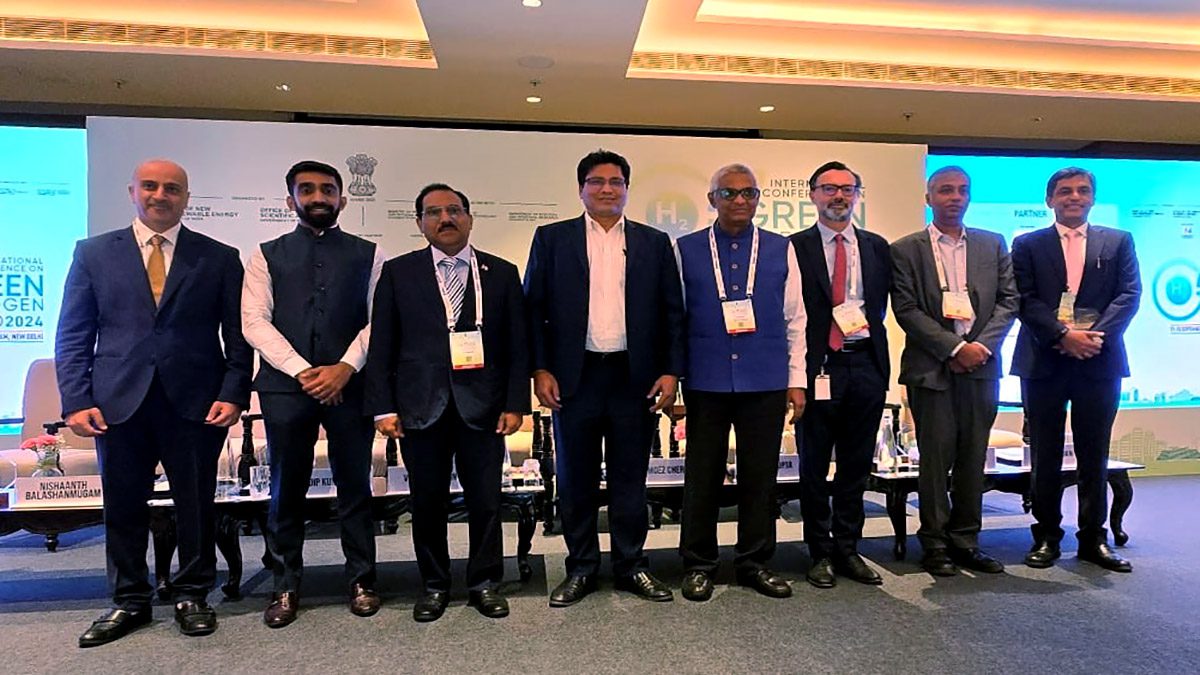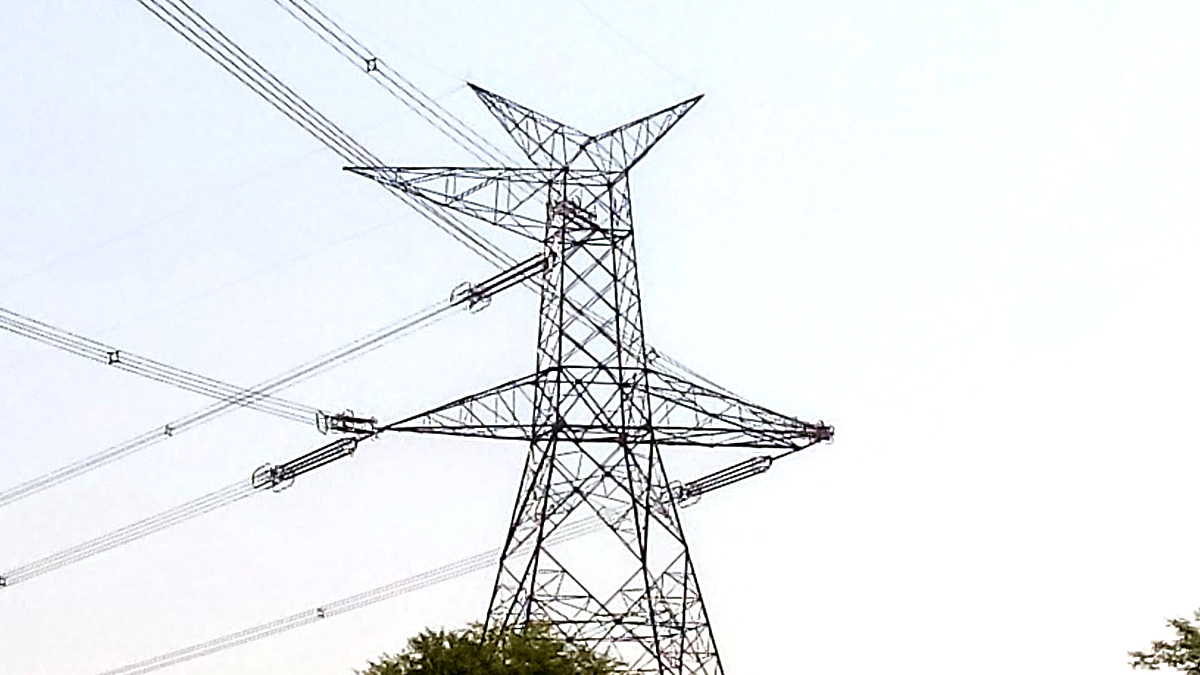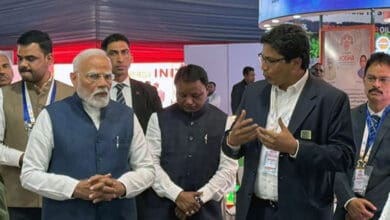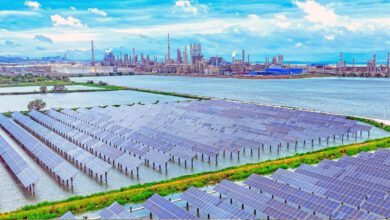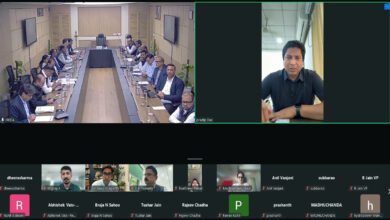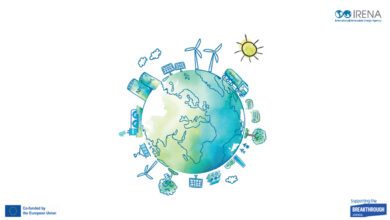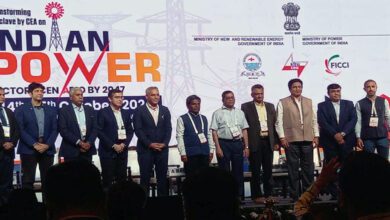Pradip Kumar Das, Chairman and Managing Director of Indian Renewable Energy Development Agency Limited (IREDA), stressed the importance of innovative financing solutions to make green hydrogen projects cost-competitive and bankable. Speaking at the 2nd International Conference on Green Hydrogen, held at Bharat Mandapam, Das highlighted IREDA’s commitment to reducing the cost gap for green hydrogen projects by aligning them with established renewable technologies such as solar, wind, and hydro energy.
During the panel discussion on “Financing Green Hydrogen: Bridging the Cost Gap,” Das announced that IREDA has made its first major move in this sector by financing a green ammonia project, marking the agency’s formal entry into the green hydrogen domain. He emphasised that one of IREDA’s key goals is to lower project costs through strategic financing interventions, which will enhance the feasibility of green hydrogen ventures.
To facilitate this, IREDA aims to provide foreign-currency loans for export-oriented developers through its subsidiary at GIFT City, Gujarat. These loans will offer developers significant savings, reducing hedging costs by 250-350 basis points. This move is expected to make green hydrogen and its derivatives more attractive to global markets. In a recent development, IREDA’s wholly-owned subsidiary, IREDA Global Green Energy Finance IFSC Limited, has received provisional registration from the International Financial Services Centre Authority (IFSCA) to operate as a finance company at GIFT City.
In a push to further strengthen the financing ecosystem for green hydrogen, IREDA is developing an in-house credit appraisal model that integrates the unique risks associated with green hydrogen projects into interest rates. This model will enable IREDA to assess and mitigate project risks more effectively, ultimately bringing down financing costs and improving the bankability of green hydrogen ventures.
Das also called for the development of comprehensive solutions to address the challenges in creating a green hydrogen financing ecosystem. These include the establishment of robust testing facilities for electrolyser manufacturers, central agencies to evaluate plant designs, and standardised offtake agreements to reduce risks and ensure the long-term sustainability of green hydrogen projects.


